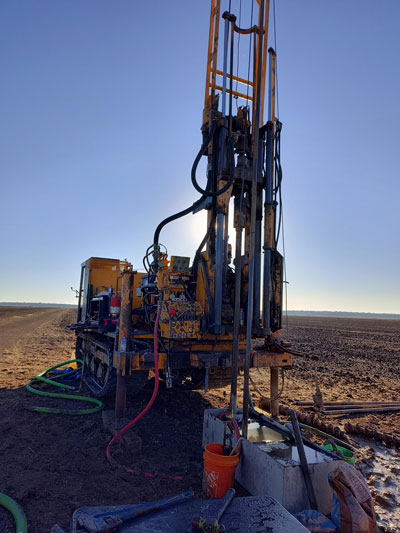When it comes to geotechnical engineering, precision is everything. The smallest variation in data can lead to big differences in design decisions, cost, and safety. One critical part of collecting accurate subsurface data is SPT hammer calibration—a process that ensures consistency and reliability in soil testing results.
What Is an SPT Hammer?
The Standard Penetration Test (SPT) is one of the most common and valuable tools used in geotechnical investigations. It measures the resistance of soil during drilling by driving a split-spoon sampler into the ground using a drop hammer. The number of blows required to drive the sampler gives engineers what’s known as the “N-value”, which helps determine soil strength, density, and bearing capacity.
But here’s the catch—if the hammer isn’t properly calibrated, those N-values can be misleading.
The Importance of Hammer Calibration
Every SPT hammer—whether safety, donut, or automatic—delivers a slightly different amount of energy. Calibration ensures that the hammer’s energy ratio (ER) falls within the accepted range and that every test produces comparable and repeatable results.
Uncalibrated or inconsistent hammers can:
- Skew soil data, leading to inaccurate foundation designs
- Increase safety risks due to unreliable ground assessments
- Create costly delays or redesigns if discrepancies appear during construction
At Challenge Testing, we take calibration seriously because reliable results are the foundation of our work—literally.
How Calibration Is Done
SPT hammer calibration typically involves a dynamic energy measurement system. This system measures the hammer’s actual energy output as it strikes the anvil. The measured value is compared to the theoretical energy, allowing technicians to calculate the energy transfer efficiency.
Industry standards (ASTM D4633) specify acceptable energy ranges, helping ensure that all testing aligns with best practices.
Challenge Testing’s Approach
With decades of geotechnical drilling experience across the Gulf Coast and beyond, our teams understand that dependable data begins with dependable tools. That’s why we maintain a rigorous calibration program for all our equipment—including our SPT hammers.
Whether we’re collecting soil data for a new bridge, industrial site, or coastal project, our calibrated hammers deliver accuracy you can build on.
Final Thoughts
In the world of geotechnical engineering, small errors can have big consequences. SPT hammer calibration might seem like a technical detail, but it’s a cornerstone of data integrity and project success.
At Challenge Testing, we dig deeper to make sure every blow counts.
